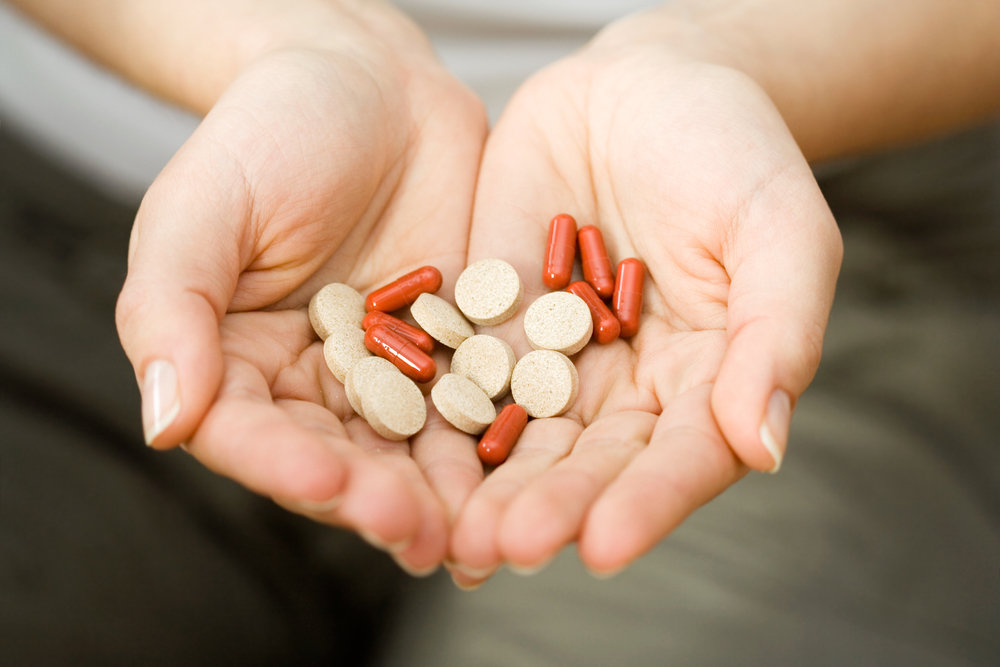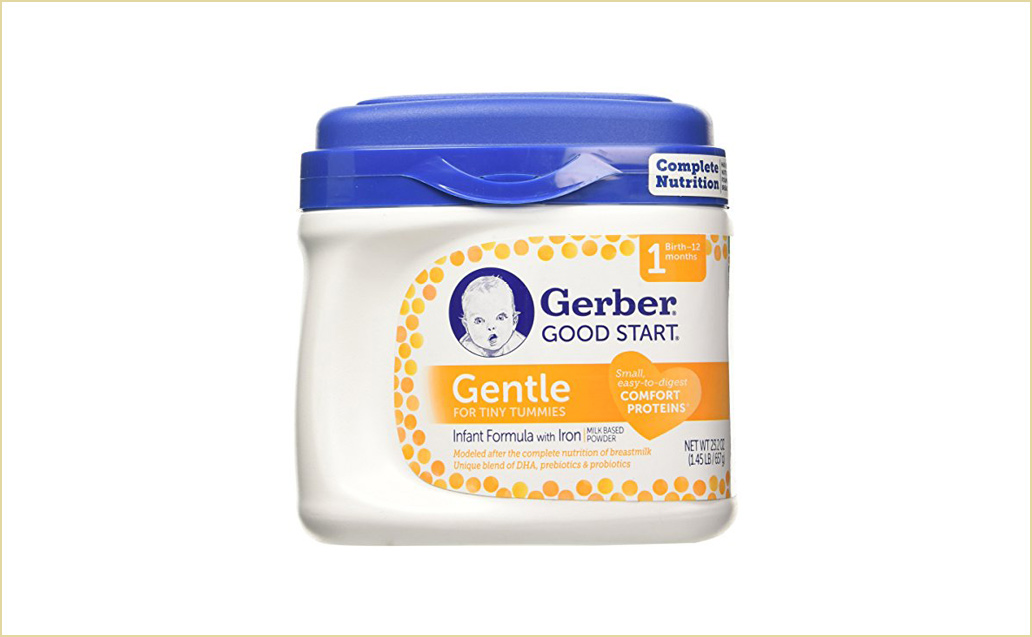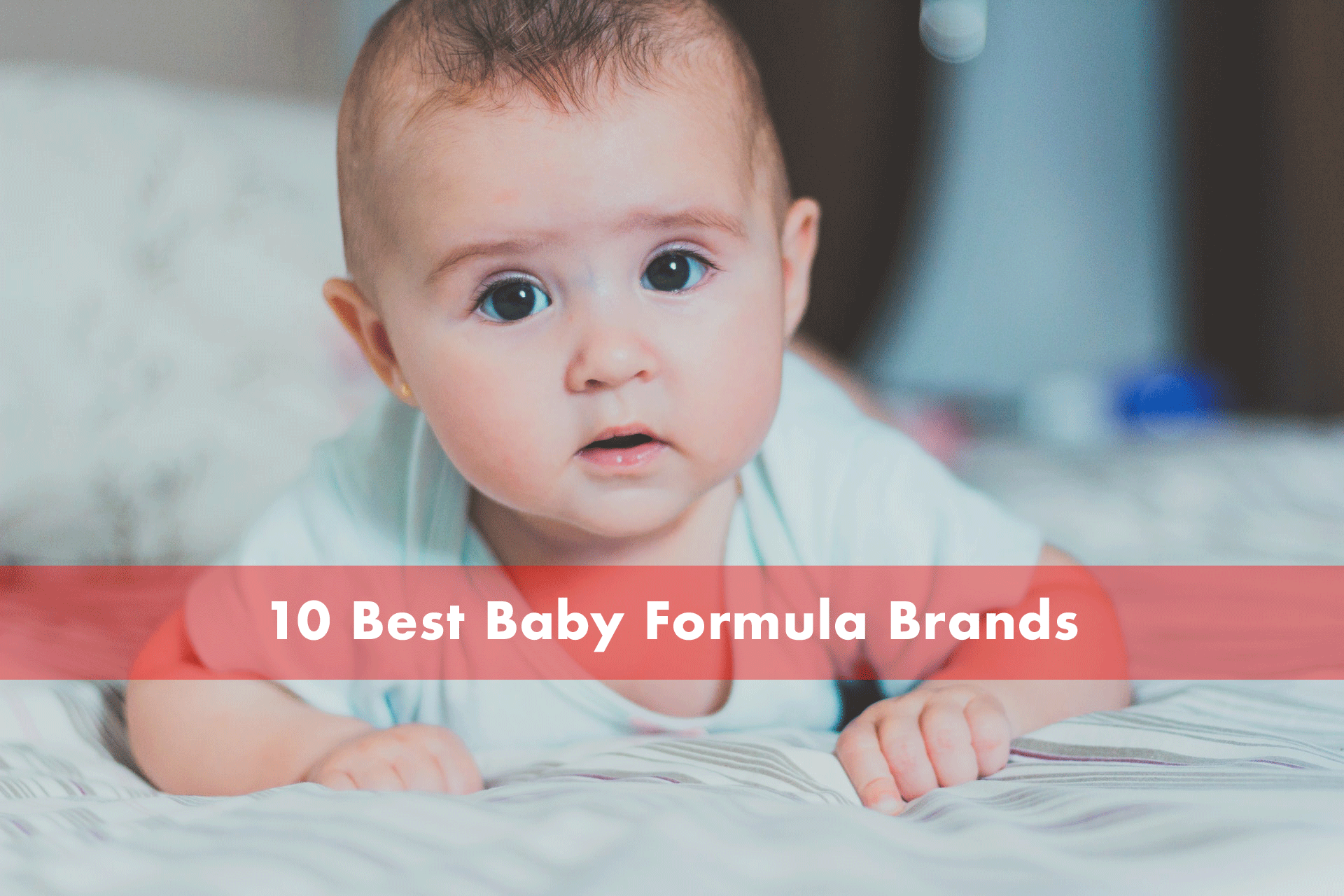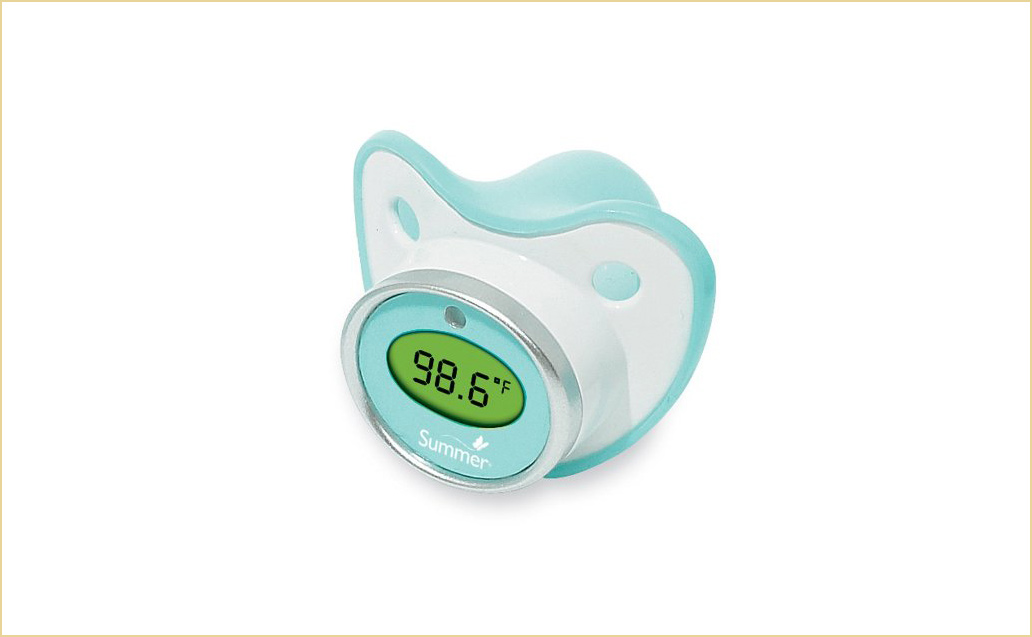Babies are born with all 20 primary teeth underneath the gumline. They normally begin to come through between 6 and 12 months, but teething symptoms typically start between four and seven months. The full set of baby teeth is usually in place by age 3. However, the timeline of your baby’s teething is no indication […]
Health & Diet
10 Best Prenatal Vitamins: Pros & Cons Of The Supplement
Using the best prenatal vitamins you can find is an important consideration for mothers to be. It is a commonly known fact that a woman’s nutritional needs differ once they become pregnant. Eating a healthy diet rich in nutrients will always be your best bet for ensuring the health of your body and your baby, […]
10 Best Formulas for Newborns in 2018
When you have a new baby at home, finding the best formula for newborns quickly becomes a priority. While many moms receive a lot of free formula samples to welcome their newborn home, these are not always the best option for both mama and baby.
10 Best Baby Formula Brands: Best Nutrition For Your Little One
The nutrition of your baby is one of the most important factors in allowing them to develop properly and give them the best possible start to life. While many doctors suggest breastfeeding your baby, there are many situations where mothers and babies experience difficulties regarding milk production or the latching process, and selecting the best baby […]
10 Best Baby Thermometers in 2018
Having a sick child is never fun for any parent, but your anxiety can seriously spike if your little one starts running a fever. Having the best baby thermometer can help you decide between a dose of cold medicine and a trip to the ER. To help give you peace of mind while your child […]





